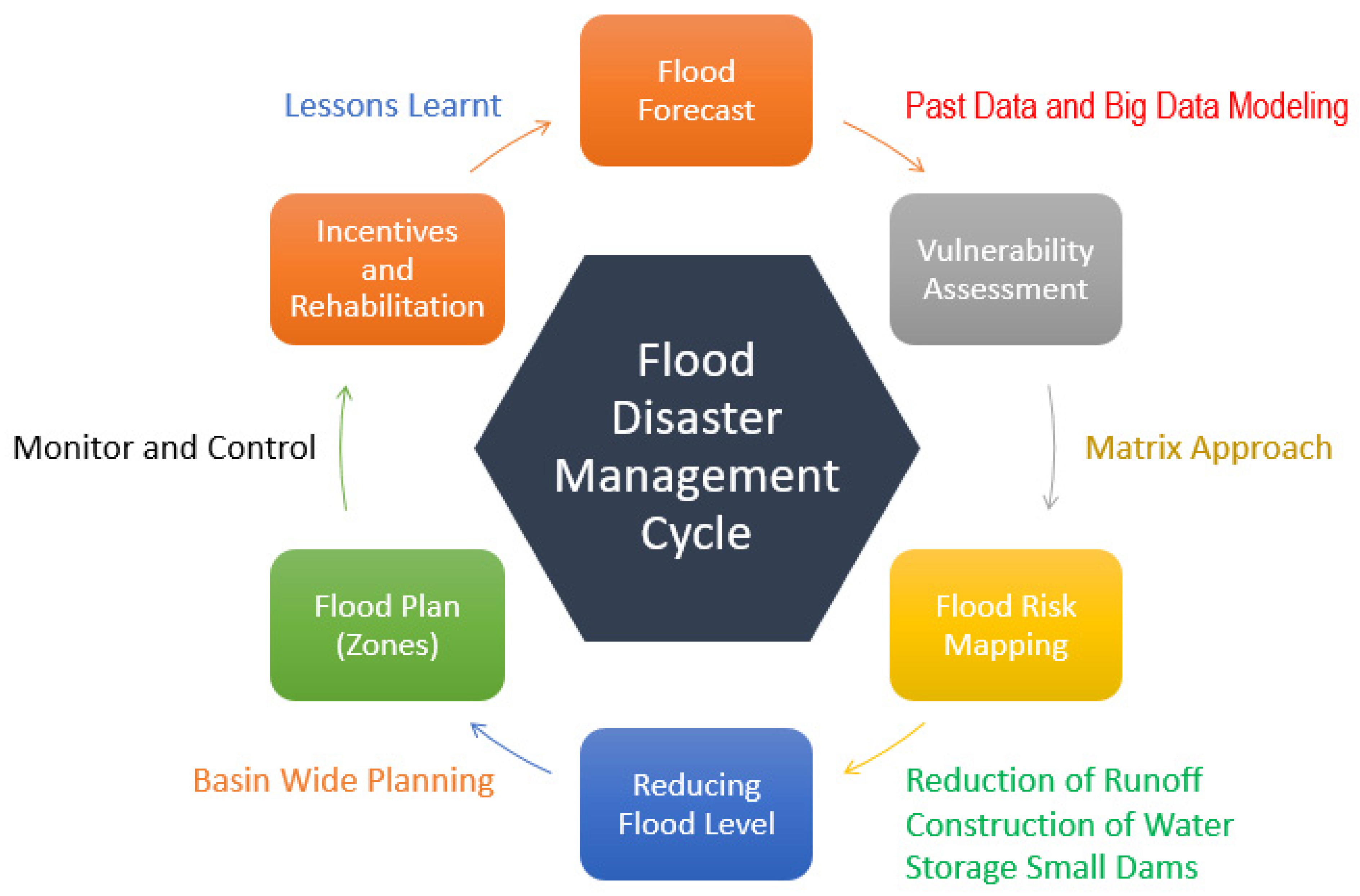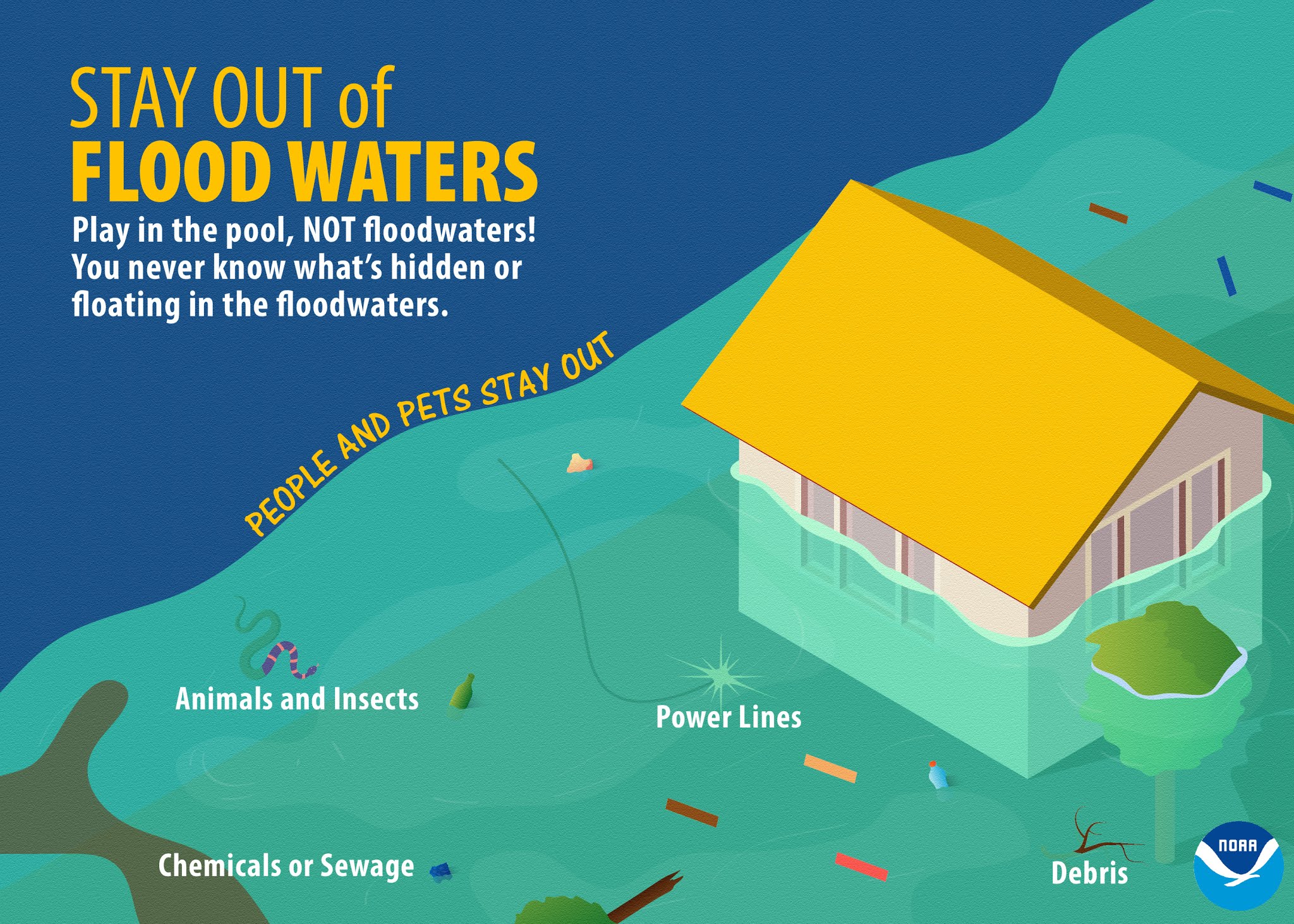Community Rallies Against Climate Crisis In Eastern Cape
- On Friday, September 27, over 200 community members from Uitenhage/Kariega, Jeffrey’s Bay, Humansdorp, and Gqeberha marched to demand government action on the climate crisis.
- The protest highlighted the severe consequences of recent floods and ongoing environmental pollution that have devastated local communities.
- The strike was organized by the Eastern Cape Combined Environmental Forum, with the support of Earthlife Africa Johannesburg.
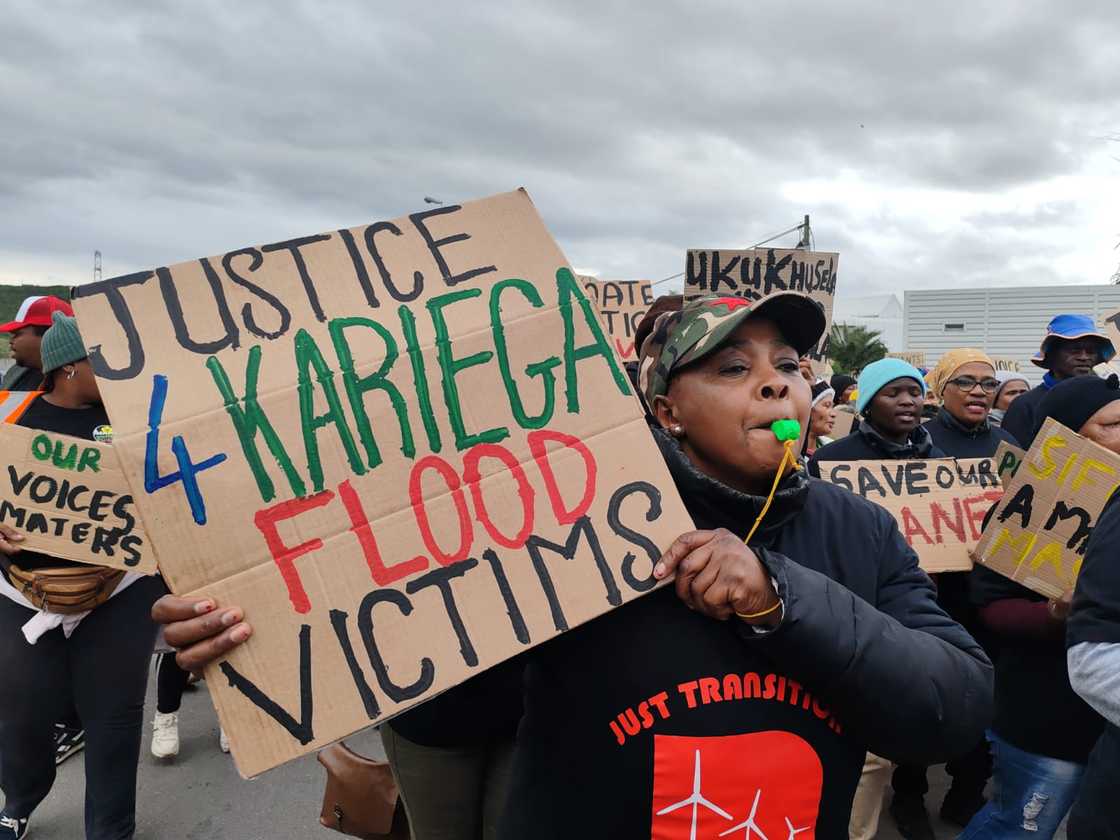
The people of Uitenhage/Kariega, Jeffrey’s Bay, Humansdorp, and Gqeberha have reached their breaking point. More than 20 community organizations took to the streets to demand immediate action on the climate crisis that has been crippling these areas. The march wasn’t just about the recent floods; it was about the broader, long-term impacts of environmental neglect that continue to devastate their lives.
In a statement to Briefly News, organizers described the overwhelming effects of recent floods and ongoing pollution. These issues have left communities reeling, struggling to access basic services like clean water and safe roads. The message was clear: it’s time for accountability and decisive action from both the government and industries responsible for the damage.
The protest wasn’t just about the past; it was about the future. Participants emphasized the need for urgent action before it’s too late. As the region grapples with the aftermath of devastating floods, residents are calling for a more coordinated and effective response to natural disasters. They want solutions that will protect their communities and prevent further suffering.
Read also:Lance Armstrongs Journey From Cycling Legend To Modernday Entrepreneur
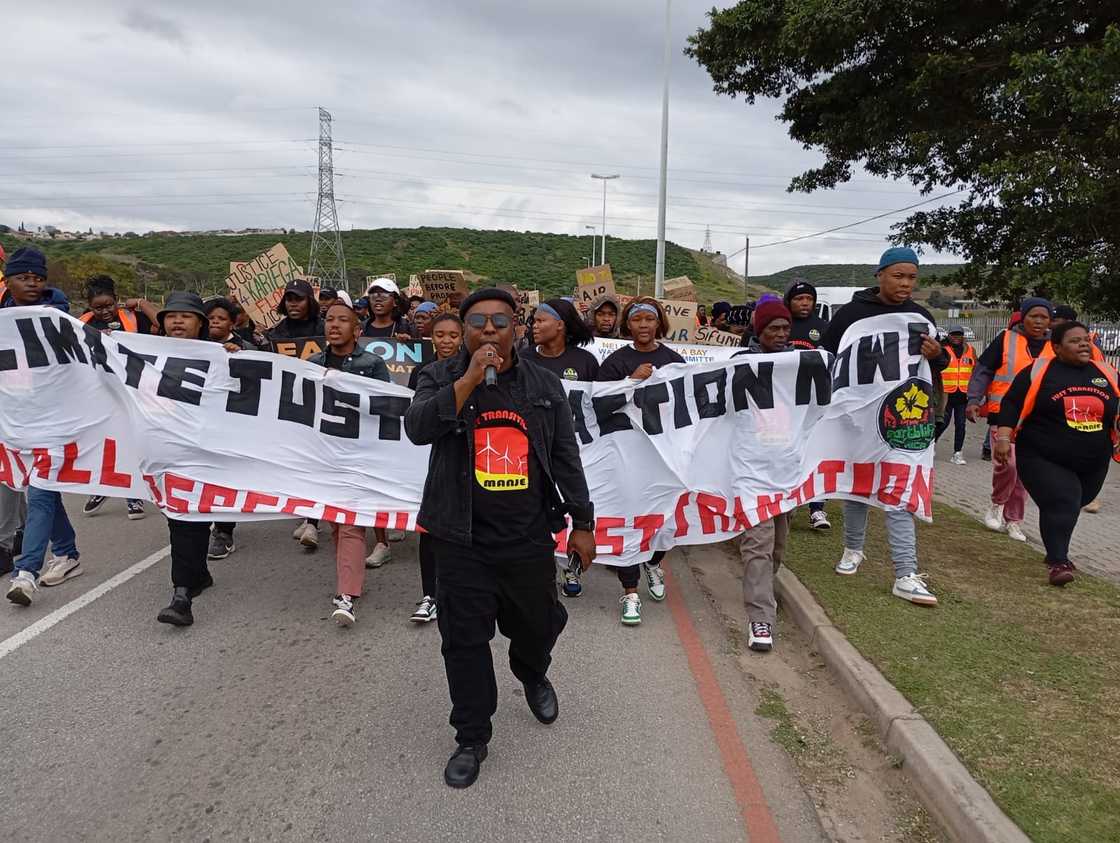
Local activist Xolelwa Magalakanqa from the #FriendlyEnvironment initiative in kwaNobuhle Ward 46 expressed frustration with broken promises from local officials. “We’re marching to remind them of the commitments they’ve failed to keep,” Magalakanqa said. She highlighted the months-long water shortage in kwaNobuhle, the dangerous condition of roads, and the worsening pollution problem. She also pointed out the illegal dumping of waste near residential areas, which exacerbates the crisis.
“Enough is enough! Municipalities must act now before more lives are ruined.”
The protest also focused on the need for stricter enforcement of environmental regulations. Melikhaya Blani, chairperson of Hlumani Nande Environmental Ambassadors, stressed the importance of accountability. “We’re standing with Uitenhage, which has borne the brunt of climate disasters. It’s time for authorities to enforce the environmental laws that are already in place,” Blani said.
Call for Proactive Disaster Management and Climate Resilience
Community members are urging both local and national governments to improve communication, education, and inclusion in disaster planning efforts. They want a more proactive approach to disaster management, one that involves the community in finding solutions rather than leaving them in the dark.
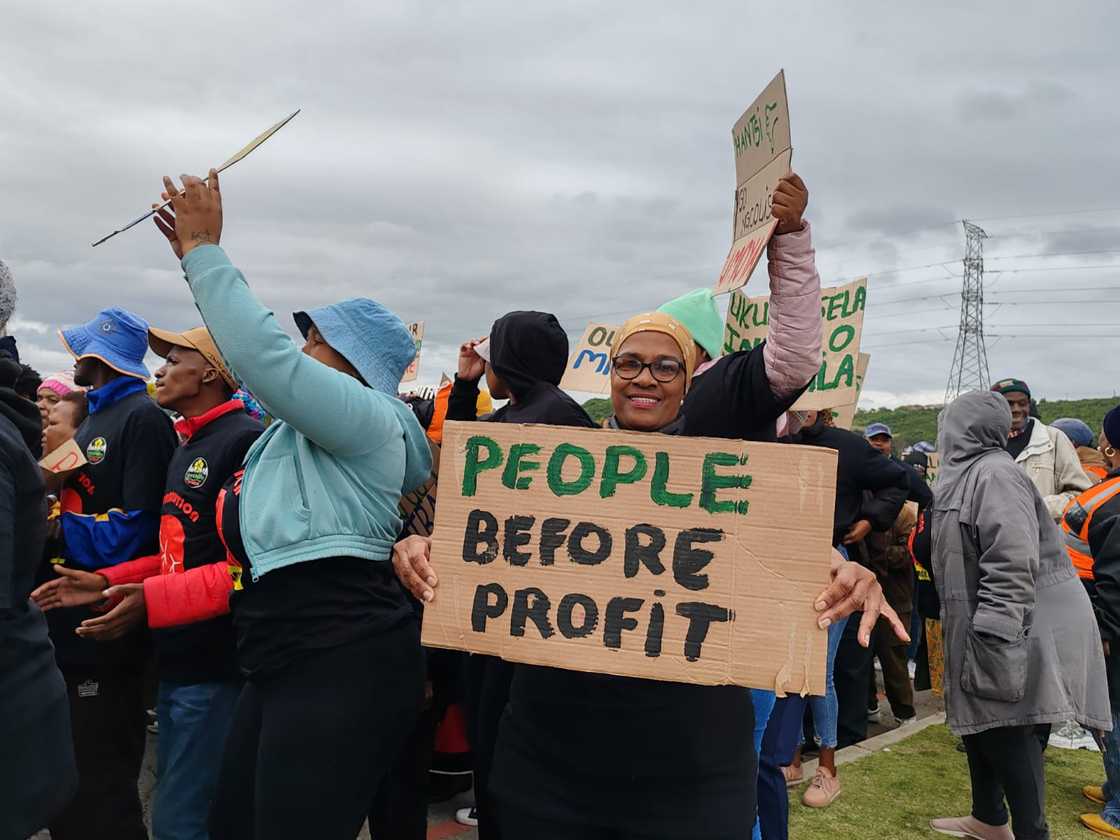
Thandokazi Hewu from the Zwide-based Lean On Me organization emphasized the need for better disaster response and education. “Climate change is affecting the quality of life for everyone here. We need the government to involve us in planning and recovery efforts,” Hewu said. She added that the community should be seen as part of the solution, not just as victims of the crisis.
“These floods have completely disrupted our lives, and we need answers about service delivery and recovery efforts.”
Thabo Sibeko from Earthlife Africa Johannesburg expressed strong support for the march. “We’re here to amplify the urgent climate issues raised by the Eastern Cape Combined Environmental Forum and their partners. The recent floods are just one example of how climate change is hitting our communities hard,” Sibeko said. He also highlighted the severe air pollution in kwaNobuhle, which not only affects residents’ health but also contributes to global warming, increasing the likelihood of future climate disasters.
Climate Change Brings 26 Extra Days of Extreme Heat
According to a report published by Briefly News, the world experienced an average of 26 additional days of extreme heat over the past 12 months (ending May 15, 2024). This increase is attributed directly to climate change, which is making extreme weather events more frequent and intense. The report warns that without immediate action, these trends will only worsen, putting even greater strain on vulnerable communities like those in the Eastern Cape.
Read also:Myztro Drops New Summer Anthem The Buzz Around Dj Maphorisas Brother
As the marchers made clear, the time for action is now. The people of the Eastern Cape are demanding a future where their voices are heard, their needs are met, and their environment is protected. Their message is clear: climate change is not just a distant threat—it’s a present reality that requires immediate attention and action.
